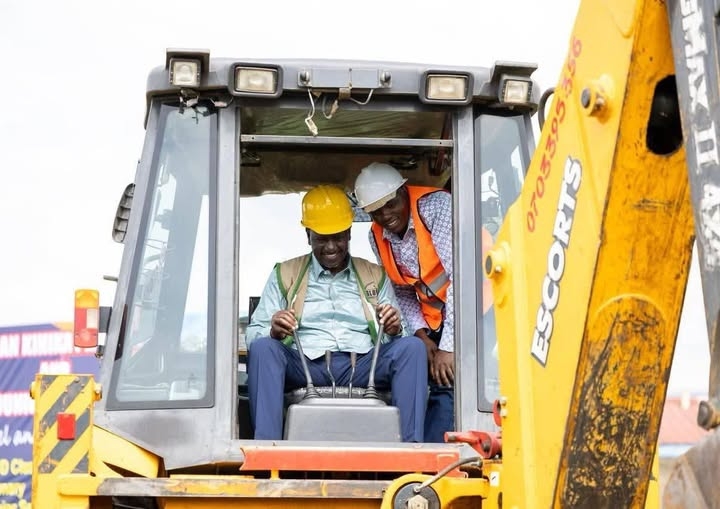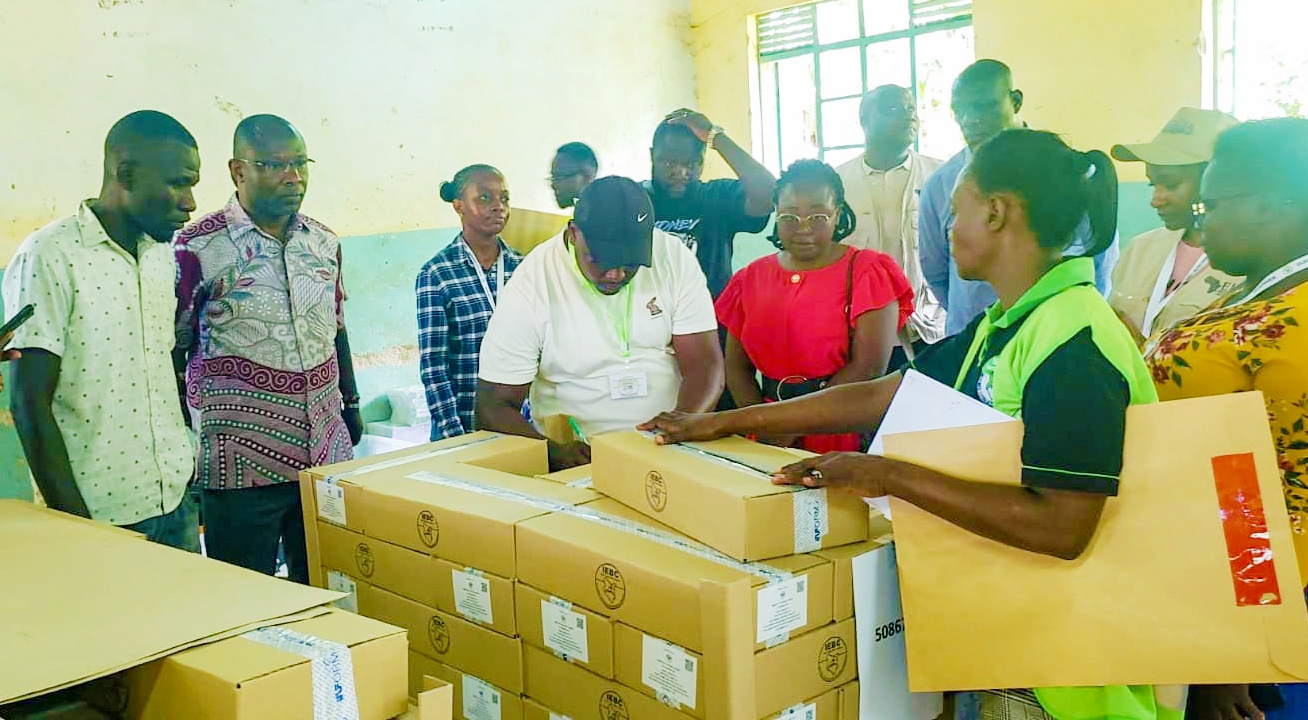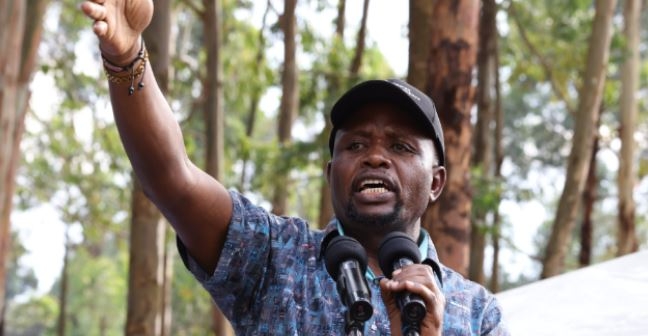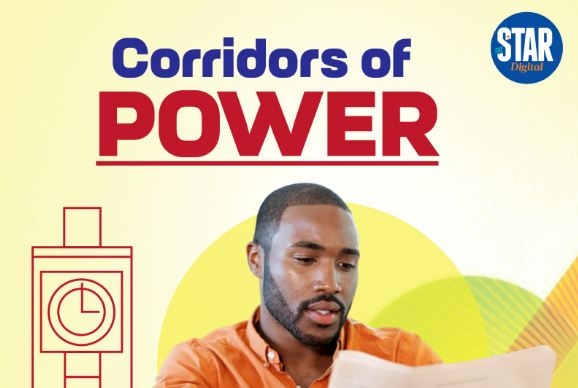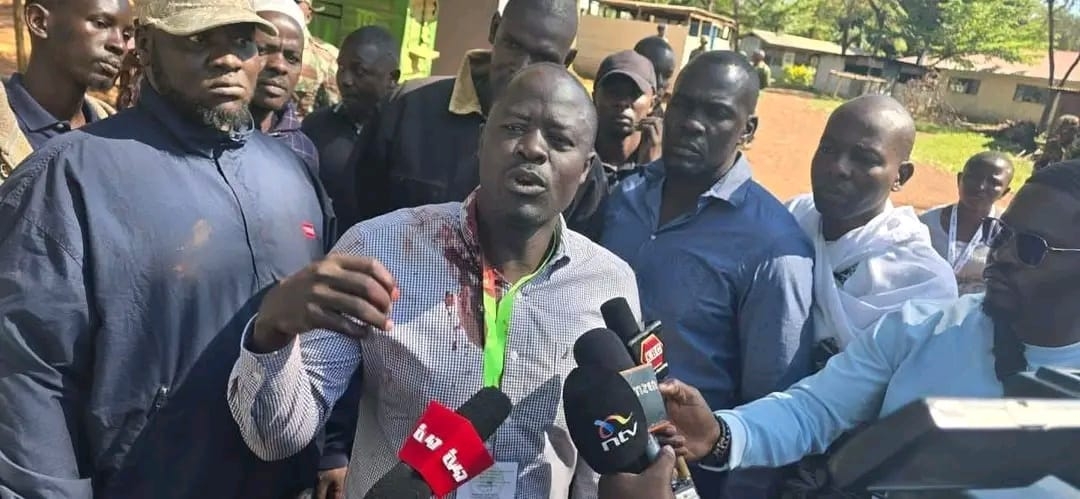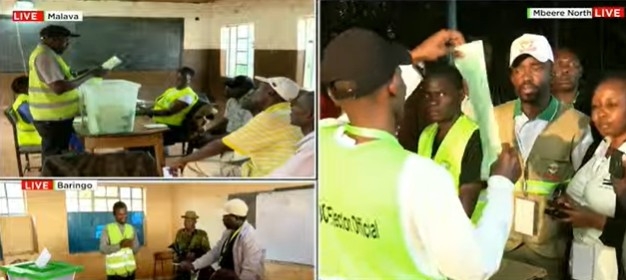National sprints coach Stephen Mwaniki has cited a lack of adequate training facilities as the key barrier for Kenyan sprinters to qualify for the Olympic Games.
Apart from three sprinters who had already attained Olympic qualifying marks in different events, the Olympic trials held slightly over a week ago at the Nyayo Stadium recorded no new entrants to the list.
Sprinters, who will represent Kenya in Paris include Africa's fastest man Ferdinand Omanyala (100m), Zablon Ekwam (400m) and Wiseman Were (400m hurdles).
Mwaniki stressed the importance of good stadiums and tracks, particularly in low-altitude areas, for effective sprint training.
"We need quality stadiums with a simple track equipped with tartan. Sprinters excel in low-altitude areas like the coastal regions, Nyanza, Western, Kisii and Central," he said.
"The government needs to step in and ensure they build one or two stadiums or training grounds in these areas," he added.
Mwaniki also called on county governments to collaborate with Athletics Kenya (AK) to make training equipment available at the grassroots level.
"Currently, training equipment is only in Nairobi. County governments must partner with AK to ensure proper facilities and equipment are available to athletes in all counties," he noted.
He highlighted the necessity of proper equipment for events like hurdles, which many counties lack.
The coach also stressed the importance of nurturing talent from a young age, citing world champion Noah Lyles, who started dominating the track at 18.
"We have many late bloomers. Most of our sprinters develop at an older age. We need to start developing young sprinters between the ages of nine and 14. This means by the time they are 19, they are ready for the big stages," Mwaniki pointed out.
Lyles clinched double gold in the 2016 World U20 Championships in Poland at the age of 18.
He cut the tape in 10.17 in the men's 100m, leading Italy's Filippo Tortu (10.24) and Barbados' Mario Burke (10.26).
He also anchored the 4x100m team comprised of Michael Norman, Brandon Taylor and Hakim Montgomery to gold in 38.93 beating Japan (39.01) and Germany (39.13).
Mwaniki envisions a strong future for junior sprinters if talent development is prioritised.
"The junior category has up-and-coming athletes. In two or three years, we'll have athletes ready to compete with the best," he noted.
However, athletes can't perform at their highest levels without the availability of skilled coaches, according to Mwaniki.
"We need to train more coaches. The government and federation need to devise a plan to have programs for coaches as well because they are the most crucial aspect for getting top athletes," he stated.
He pointed out that the trials offered valuable lessons for developing more sprint athletes in the country.
"The Olympic trials were a valuable lesson for us in our journey to improving the level of sprint athletes in the country. We are fighting for more sprinters to qualify for future international events," Mwaniki noted.



